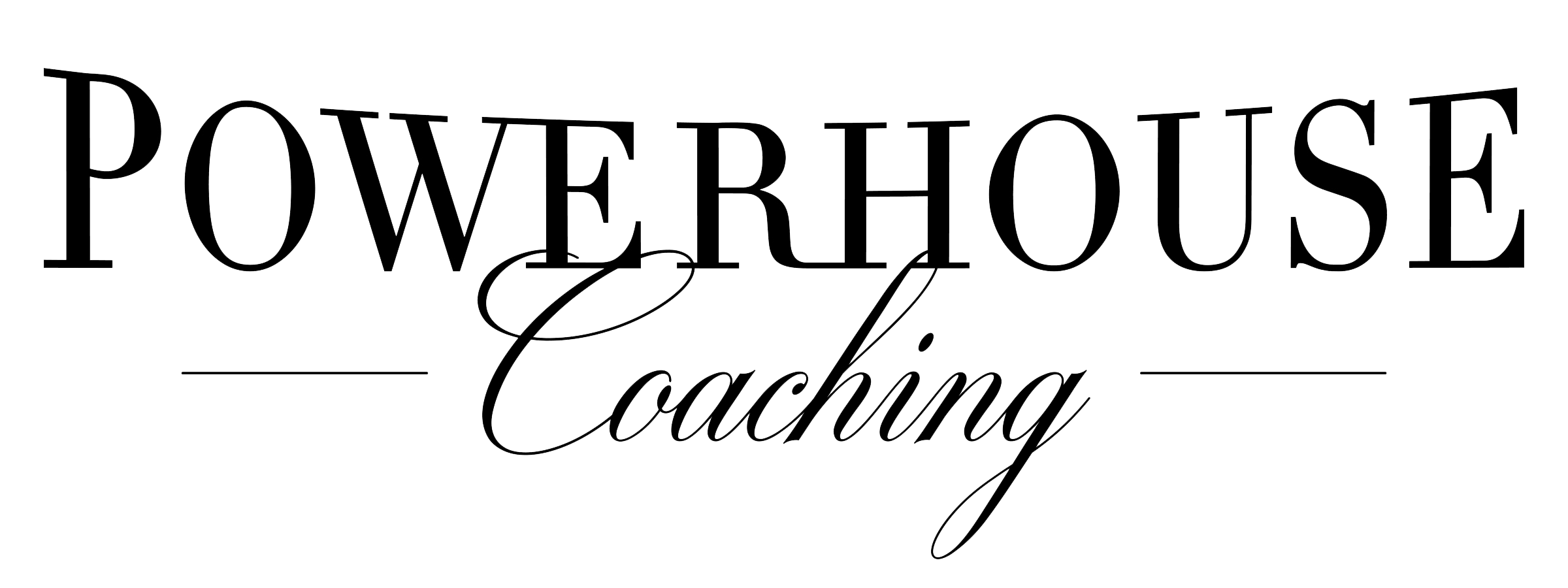“The emphasis here will be on strength, not pathology; on challenge, not comfort; on self-differentiation, not herding for togetherness.”
– Edwin Friedman
Quick Summary:
- Whilst organizational compassion is important, misapplication can weaken others
- Long-term survival requires cultivating of all forms of strength
- Let compassion be your style but strength your goal
Go Deeper:
I recently wrote on how Cleverness Separates, but Wisdom Unites, recommending leaders recognize how cleverness rears its ugly head in organizational life as forms of separation. This separation can include arrogance, secrecy, siloing, critiquing and contempt, workarounds, etc.
The higher good is the unity of wisdom, which requires patience, awareness, respect for the needs of others, and recognizing the many forms of human value.
Recognizing cleverness as a fear response and taking responsibility for regulating this organizational anxiety, was my recommendation. When people feel safe, they become more inclusive, humane, creative, and honest. They learn faster, adapt more easily, and take risks.
That said, it would be easy to misinterpret my message and think my recommendation is to coddle your workforce. This is not my message. Note that I don’t recommend you lower anxiety in your organization, but that you regulate it, like a thermostat, with full awareness of the impact you’re having. Most of the time anxiety benefits from being dialed down, but not always.
I recommend creating organizational safety not as an end, but as the foundation on which to build strength. Imagine for a moment placing your arm around someone’s back to support them and then pushing from the front. They would be unlikely to fall. The more you push, the more crucial it is that they feel your support. The greater your challenge, the more others need to know you have their back.
Recent focus on compassion in business is valuable and worth deepening. However, we’ve likely all witnessed the price of its misapplication. This includes tolerating poor performance, pandering, and decisions made more in service of placating than good judgment. These are decisions made from fear.
People are ethical only when they are strong. An ethical action supports long-term survival. My filter for an ethical decision is, what is in the greater interest of the greater number of people over the longer-term. To be clear, becoming weaker is never in our best interest.
A leader recently came to me completely burned out. They’d been tolerating a destructive team member in the interest of an organizational orientation toward integrating people with personal challenges. Within weeks they had bitten the bullet and responsibly let them go. Team morale and productivity improved, as did their leadership, which flourished. To be clear, there are always consequences to these decisions. We are always paying prices. There are no choices without a price. The important thing is to choose what you want and pay for it.
A wise person does at the beginning what a fool does at the end, and do not confuse a difficult decision with an uncomfortable decision. Most ethical actions require courage, and I often suggest leaders “address things the hard way”, e.g. with vulnerability, responsibility, and face to face. The hard way is almost invariably the most ethical, and the muscle you develop will serve you in future.
To survive, we need to cultivate strength: physical, psychological, mental, spiritual. Ethical choices are those that make us stronger. When acts of compassion weaken you, your team, organization, or clients, you are inadvertently causing harm. As we encourage strength, it’s important to remember that a wise leader tailors their approach, and small progress for some may take immense courage for others. I am not recommending a strength competition, but a strength orientation.
My recommendation is both strength and warmth. Strength without warmth is brutality. Warmth without strength is impotence.
Let compassion be your style and strength your goal, keeping your metaphorical arm around others as you inspire them to become more. Have them feel both your compassion and your shared belief in their strength, whether it’s your weekly 1:1, your first conversation, or your last. Be that leader that helps them become.
Practical questions to regularly ask yourself:
- Where am I modeling healthy strength or weakness?
- Will this decision make myself and others stronger or weaker?
- Who in the organization is, with the best intentions, enabling weakness, and what is the reason? What is the long-term impact?
- How does our orientation impact who we hire and how we retain?
- What are we rewarding and why?
- What are we tolerating?
- What kind of legacy do we want, and what are we willing to pay for it?


